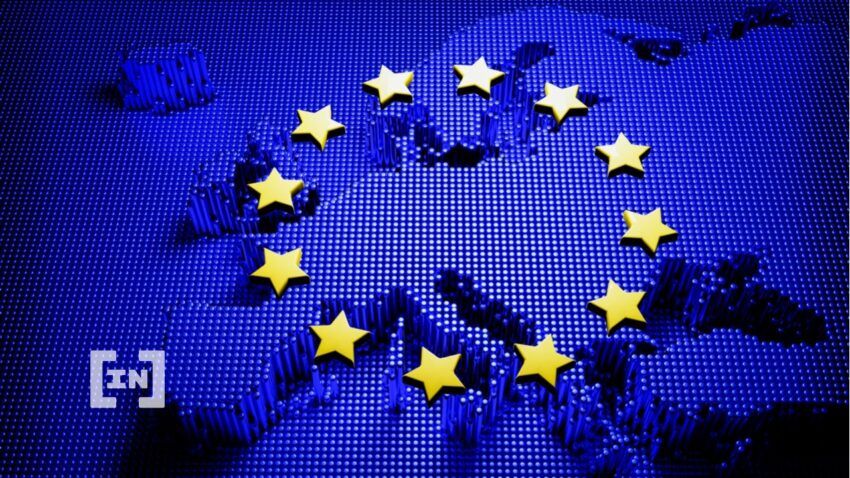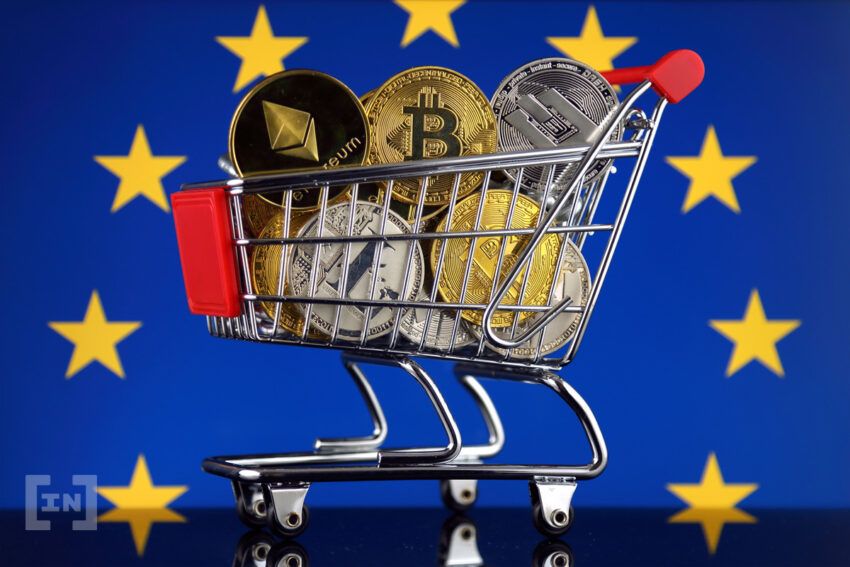The European Union has decided to limit cash purchases to €10,000 and ensure more scrutiny on crypto transactions above €1,000.
Members of the bloc announced this on December 7, stating that it was part of efforts to prevent money laundering.
New Rule Designed to Close Crypto Loopholes
Czech minister for Finance Zbyněk Stanjura said their “intention is to close these loopholes further and to apply even stricter rules in all EU member states. Large cash payments beyond €10.000 will become impossible. Trying to stay anonymous when buying or selling crypto-assets will become much more difficult.”

The new AML/CFT rules require crypto-asset service providers (CASPs) to conduct due diligence on customers conducting transactions above €1000. Self-hosted wallets are expected to increase their risk mitigation measures due to the advent of CASPs.
EU is also using the country classification system based on the Financial Action Task Force (FATF) recommendations to determine the risk of money laundering in each member country.
How Will This Impact DeFi?
It is unclear how the new requirements will be implemented because anonymity is integral to the existence of the DeFi space, but they are expected to affect it.
Regulators may likely target DeFi platform developers. However, that may have no impact if the entity is not based in Europe and chooses not to comply.
It could even be more difficult if a central entity does not control the DeFi protocol or if it is impossible to identify the crypto firm behind it.
EU Commissioned Report on DeFi
The risks of DeFi and how to regulate the sector are one that regulators are currently considering in Europe. A few months ago, the European Central Bank commissioned a study.
The study recommended that DeFi regulation cover DAOs, platform developers, and governance token holders.
Such a move could affect the DeFi sector growth in Europe. But centralized crypto platforms will have no problem complying since they already implement AML/CFT standards.
Regulators in Europe are also questioning whether the MiCA regulations set to become operative in 2024 can prevent a repeat of FTX collapse. FTX was licensed in Cyprus.
Disclaimer
In adherence to the Trust Project guidelines, BeInCrypto is committed to unbiased, transparent reporting. This news article aims to provide accurate, timely information. However, readers are advised to verify facts independently and consult with a professional before making any decisions based on this content. Please note that our Terms and Conditions, Privacy Policy, and Disclaimers have been updated.


